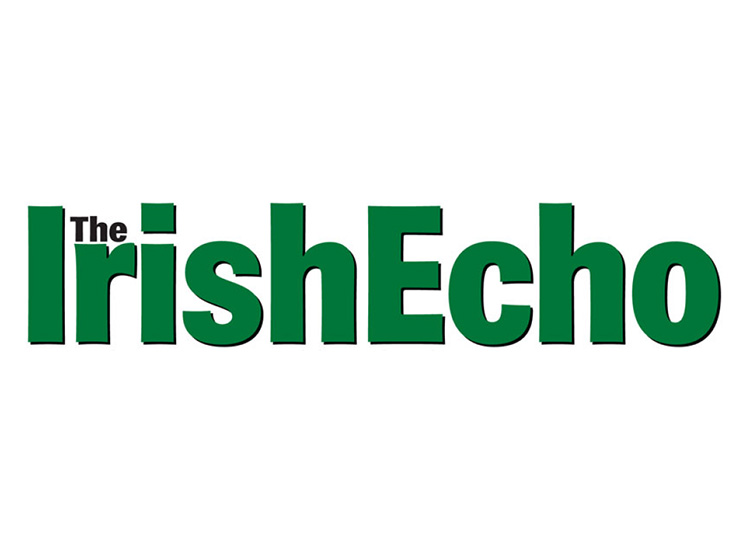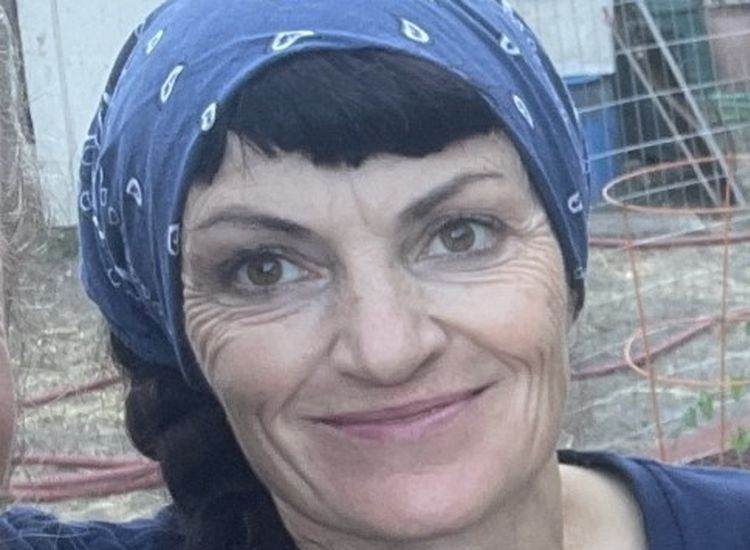Some Dubliners enjoying the good weather today at the Forty Foot, Sandycove, though the sea remains cold and choppy. France, meantime, saw its previous highest temperature record broken by over 3 degrees Fahrenheit. EAMONN FARRELL/ROLLINGNEWS.IE
By Irish Echo Staff
Although Ireland has avoided the worst of the heat wave gripping much of Europe, health officials are warning people to use sunscreen and keep hydrated during this week’s hot conditions.
Saharan winds are responsible for the scorching temperatures in France, which today recorded its highest temperature since records began: 45.9 Celsius (114.6 Fahrenheit) measured in the southern town of Gallargues-le-Montueux, according to the national weather service Météo-France. The previous record was 44.1C (111.38F) recorded during the heat wave of 2003, which killed thousands.
Health Minister Agnès Buzyn has said "everyone is at risk." Météo-France has issued a red alert for four areas, all of them in the south. Most of the rest of the country remains on orange alert, the second highest level.
The BBC reports that Germany, Poland and the Czech Republic have all recorded their highest-ever June temperatures.
Temperatures have been more modest in Ireland: 28C (82F) was recorded at the Met Éireann weather station in Valentia, Co. Kerry (the record of 92F goes back to the late 19th century), but the threat of skin cancer is real.
The Marie Keating Foundation cancer charity warned that the risks of over-exposure to the sun, as the solar ultraviolet, or UV, index remains very high which can lead to sunburn and damage to skin within a short time.
"As a nation, we love to get out when the sun shines, but it is important that we look after our skin and follow the SunSmart code," Liz Yeates, the cancer charity's CEO, told the Irish Independent.
The code includes always wearing sunscreen of factor 30 or more, as well as protective clothing, hats and sunglasses, and avoiding the sun between 11 a.m. and 3 p.m. when the potential for burning is at its peak.
Pollen is also its highest level, according to the Irish Meteorological Service.
"As temperatures climb and the dry sunny weather continues, a very high pollen risk can be expected," Met Éireann said. "Grass, weed and fungal spores are the allergens currently airborne."
Fires burning out of control is another issue. Dr. Barry O'Donoghue of the National Parks and Wildlife Service said in a statement: "Fires do not just happen in Ireland - they are caused deliberately or inadvertently go out of control. Aside from the potentially devastating impact of fires on public and private property and forests, blazes can have devastating impacts on habitats and species and ecosystems that may have taken decades or centuries to establish.”
Meanwhile, the CEO of the Irish Travel Agents Association Pat Dawson said they are advising people to "remain hydrated."
"Judging by the huge temperature increase in France and parts of Germany, we are advising all people travelling to adhere to the normal precautions and remain hydrated, particularly families with young children and the elderly," he said in a statement.
"They should ensure that their accommodation is air conditioned and remember that severe sun burn can happen within only an hour so be careful not to lie in the sun for too long."










